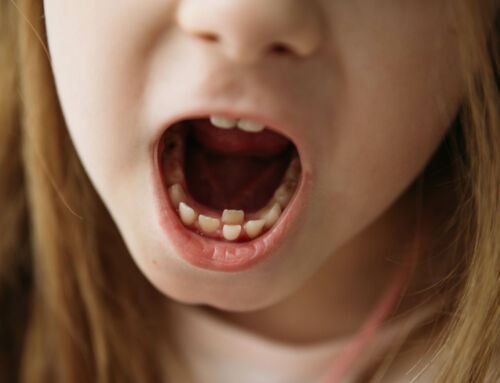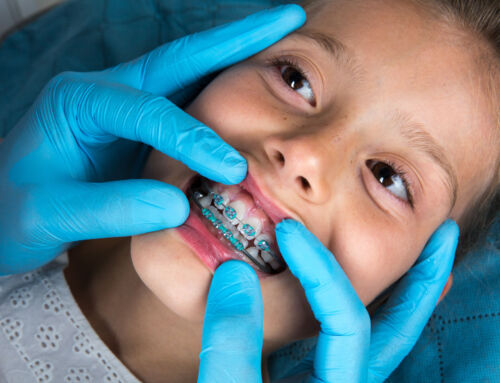Maintaining good orthodontic health involves more than regular dental check-ups and adhering to treatment plans. It also requires being mindful of daily habits that can negatively impact your dental health. At Ahava Orthodontics in Fort Worth, we emphasize the importance of not only treating orthodontic issues but also preventing them. This includes educating our patients about avoiding certain detrimental habits that can lead to or worsen orthodontic problems. Understanding these bad habits and their impact on oral health is crucial for anyone looking to maintain or improve their orthodontic health.
Impact of Poor Dental Habits
Bad dental habits, often developed in childhood, can have a significant impact on a person’s orthodontic health. These habits can affect everything from the alignment of the teeth to the health of the gums and the overall structure of the jaw. Over time, these habits can lead to severe dental issues, including misalignment, bite problems, and even tooth loss. Additionally, for individuals undergoing orthodontic treatment, such as braces or aligners, these habits can hinder the effectiveness of the treatment, potentially leading to prolonged treatment times and less than optimal results. It’s therefore imperative to recognize and address these habits early on.

Common Bad Dental Habits to Avoid
There are several bad dental habits that can adversely affect orthodontic health. The most common among these include:
- Neglecting Oral Hygiene: Skipping regular brushing and flossing leads to plaque buildup, tooth decay, and gum disease, which can exacerbate existing orthodontic issues. This is especially crucial for individuals with braces, as food particles and bacteria can easily become trapped in the brackets and wires, increasing the risk of dental problems.
- Thumb Sucking and Prolonged Pacifier Use: While common in early childhood, these habits should be discouraged as a child grows. Continuing these habits beyond the age of three can lead to developmental issues such as improper bite alignment, protrusion of the teeth, and even speech impediments.
- Biting Nails, Pens, or Other Hard Objects: This habit places unnecessary stress on the teeth, potentially leading to misalignment, chips, or cracks. It’s not just damaging for the teeth but also introduces harmful bacteria into the mouth, increasing the risk of infections.
- Grinding or Clenching Teeth (Bruxism): Often a response to stress or anxiety, this habit can cause a variety of issues including enamel wear, increased tooth sensitivity, and even lead to TMJ (temporomandibular joint) disorders. In severe cases, it can also result in the flattening or chipping of teeth.
- Using Teeth as Tools: It’s not uncommon for people to use their teeth to open packages, cut thread, or perform other tasks. This misuse can lead to dental injuries like cracked or chipped teeth and can damage orthodontic appliances.
Breaking Bad Dental Habits
Breaking these habits can be challenging, but it’s essential for maintaining orthodontic health. Awareness is the first step; being conscious of when and why you engage in these habits is crucial. Professional help, such as guidance from an orthodontist or dentist, can be invaluable, especially in more challenging cases like bruxism or prolonged thumb sucking in children. Using physical barriers, such as bitter-tasting nail polishes or thumb guards, can be effective in curbing habits like nail-biting or thumb sucking. Additionally, replacing a negative habit with a positive one, such as using a stress ball instead of biting nails, can be beneficial.
Avoid Bad Dental Habits and Protect Your Smile
Avoiding bad dental habits is a key component of maintaining good orthodontic health. At Ahava Orthodontics in Fort Worth, we are dedicated to helping our patients achieve and maintain optimal orthodontic health, which includes educating them about the importance of good oral habits. By being aware of and actively working to avoid these detrimental habits, you can ensure a smoother orthodontic journey and a healthier smile. If you have concerns about how your habits might be affecting your orthodontic health, we encourage you to reach out to us for advice and support.




